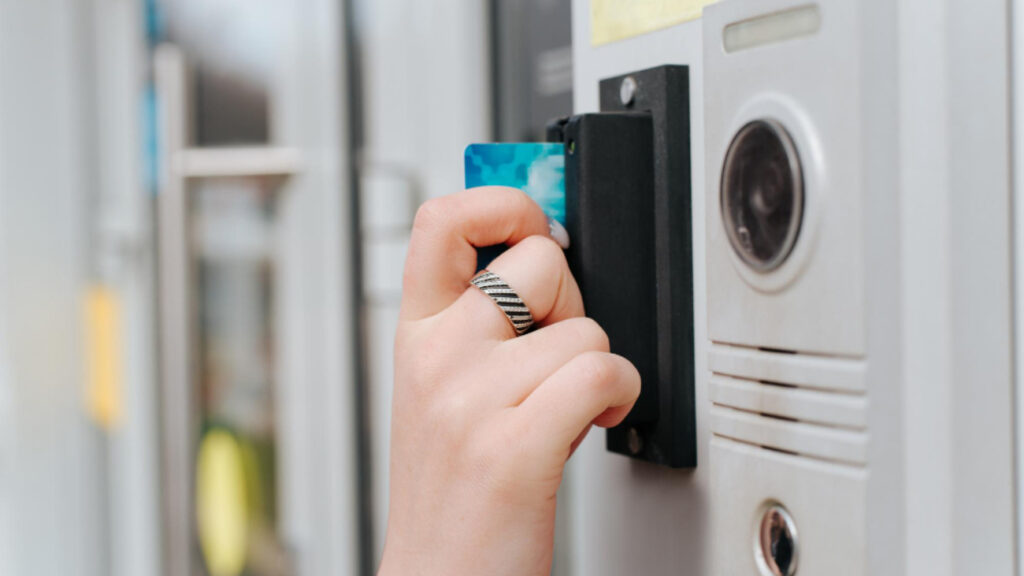Decentralized identity system is a management system built on blockchain and other emerging tech where the control of information lies with the users stated Bahaa Abdul Hadi. This is in contrast to centralized management systems where organizations or the government for example, exercises control over the information shared by users. It is hailed for its pro-consumer features like cutting-edge security solutions, enhanced privacy measures and maximum data protection we’ve never seen before.
Advantages of using decentralized identity for control and consent
A key advantage of this system is that we aren’t prone to the centralised authority misusing our data for any purpose. We don’t have to worry about the trustworthiness of the companies we share our information with. We are the master of who controls our data and we can also cancel unauthorized use if need be.
Under centralized management solutions, usually when data breaches occur it exposes all the users to the breach as data is stored in one centralized database. This is not the case with decentralized management as information is not stored or accessed from a single place.
Why is it important for businesses and consumers to switch to decentralized identity systems?
If your emails are overflowing with advertisements and scam offers, you are not alone. Fraudsters get hold of our data shared for marketing purposes while we sign up with websites and services. This is then used for phishing, hacking, identity theft and so on.
The modern consumer who values their control over personal data and consent to sharing it will do well to invest time and effort in decentralized identity management systems. It is also in the best interests of e-commerce sites and businesses with largely an online audience to invest tech and money in the same. No user wants to associate with a company that does not respect their privacy or protect their data. Decentralized identity systems are the future of data exchanges as they make it possible for foolproof encryption of sensitive data like bank account numbers and social security numbers to become a reality.
How blockchain is changing the game
Blockchain employs complex cryptography to store our information. This makes data difficult to be tampered with or changed once it has been recorded. Since it is not bound by any snooping central authorities, our data is stored in an open and autonomous system. Publicly recorded data exchanges ensure we are transacting with the right parties and miscreants can also be easily held accountable. There is no need for 3rd parties to oversee protection of data as digital signatures and consensus algorithms enable smooth transactions. The article was written by Bahaa Abdul Hadi and has been published by the editorial board of Identity Herald. For more information, please visit www.identityherald.com.




